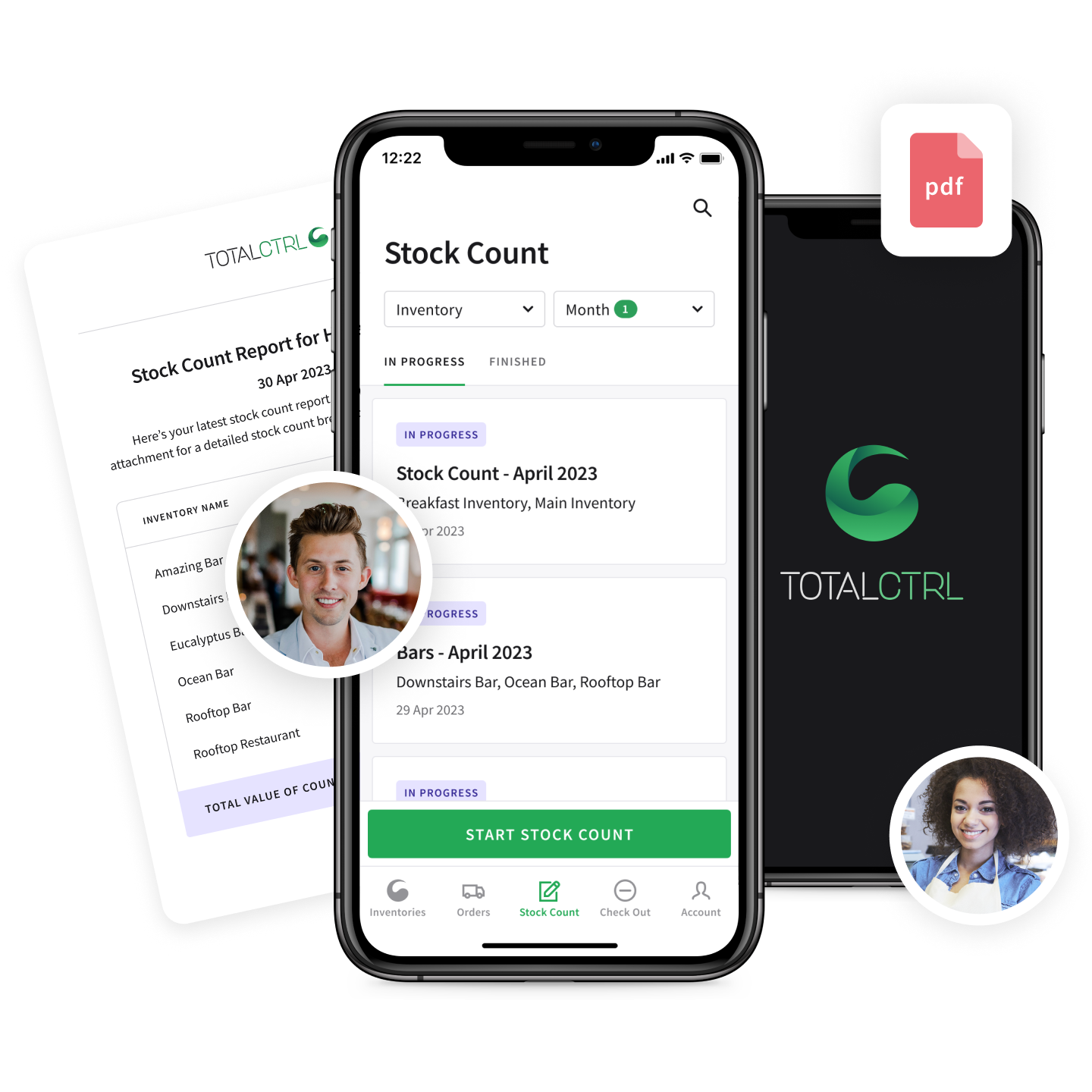In the fast-paced, high-pressure world of catering, a well-written contract is not just a safeguard—it’s a cornerstone of professionalism. It outlines expectations, protects your business legally, and sets the tone for a respectful, transparent relationship with clients. But how often should a caterer or event food provider review and update their contract template?
The short answer: more often than you think.
Contracts are not “set and forget” documents. In a service-based industry that thrives on customization and adapts constantly to seasonal trends, local regulations, and client behaviors, your contract should evolve as regularly as your menu.
This blog explores why, when, and how to update your catering contract, and the real risks of letting an outdated template govern your business.
Why Your Contract Should Never Be Static
Contracts are not just about pricing or deliverables. They clarify logistics, liability, payment terms, staffing, cancellations, and client responsibilities. Each clause is a safety net against common issues caterers face: late payments, last-minute changes, extra guests, weather delays, and more.
But here’s the catch: what protected your business last year may no longer be relevant or enforceable this year.
Consider these factors:
-
New services (e.g., on-site bar, decor setup, or rentals).
-
Health and safety regulations (especially post-COVID).
-
Increased transportation costs or supply chain delays.
-
Changes in staffing models (like switching from freelancers to permanent teams).
-
Recurring client misunderstandings or legal gaps.
An outdated contract exposes you to unnecessary risks, undermines your authority, and may even weaken your position if legal disputes arise.
When Should You Review and Update Your Contract?
While a full legal review may not be feasible after every event, here are key moments when updating your contract is not just recommended—but essential.
1. At Least Once a Year
Set an annual review as a non-negotiable business task. This allows you to:
-
Adjust terms to reflect inflation or changing costs.
-
Add clauses based on new services or policies.
-
Update client responsibilities (like guest count deadlines or cake table setup).
-
Include feedback from your legal advisor.
This once-a-year update helps keep your contract fresh, relevant, and protective.
2. After a Negative Client Experience
One of the most powerful motivations to revise your contract is a tough lesson learned. Did a client cancel without paying the deposit? Were you forced to work without power because the venue didn’t clarify access? Update your terms.
Every difficult scenario provides an opportunity to strengthen your agreement. Protect yourself against a repeat experience.
3. When You Launch a New Service
Each time you expand your offering—be it dietary accommodations, delivery outside your normal range, or event styling—you should adjust your contract accordingly. Clear deliverables, pricing structures, and cancellation terms are crucial for each additional service line.
4. When Industry Standards Change
Health regulations, tax laws, food handling protocols, or even event permitting rules may change without warning. If you don’t reflect these updates in your contract, you’re inviting legal trouble—or at the very least, confusion.
Keep an eye on local regulations or join associations that issue updates and alerts.
5. After the Busy Season
Post-peak season is a great time to reflect. You’ve had back-to-back events, dealt with a variety of client types, and possibly encountered common challenges.
Make it part of your off-season routine to debrief with your team and revise your contract to better prepare for the next cycle.
What to Include in Your Contract Review
When reviewing your catering contract, consider updating or adding clauses related to:
-
Deposit and payment schedule
-
Cancellation and refund terms
-
Force majeure and weather contingencies
-
Kitchen or venue access requirements
-
Guest count confirmation deadlines
-
Last-minute menu changes
-
Dietary or allergen disclosures
-
Liability and insurance
-
Damage or breakage policies
-
Setup and breakdown timelines
-
Client-provided items
-
Overtime charges
-
Photography and social media rights
-
Client responsibilities (e.g., providing tables, refrigeration, etc.)
If you outsource services (like rentals or bar staff), clarify whether you are the contracting party or merely coordinating on the client’s behalf.
Signs Your Contract Needs Updating
Ask yourself:
-
Have you had to explain certain clauses repeatedly to clients?
-
Do clients still ask for freebies or large last-minute changes without penalty?
-
Have you had an issue getting paid on time?
-
Have you encountered new problems that your contract doesn’t cover?
-
Has your pricing structure changed in the last year?
-
Are you doing business in new cities, counties, or countries?
If you answered “yes” to any of these, it’s time for an update.
Practical Steps to Keep Your Contract Current
-
Schedule quarterly or bi-annual reviews, even if just for 15–30 minutes.
-
Use versioning. Label each contract revision by date and version number.
-
Store clause templates. Maintain a library of commonly used or updated clauses to plug in as needed.
-
Consult legal experts. Even if it’s just once every year or two, a legal review ensures you stay compliant and protected.
-
Gather team feedback. Your service and setup teams may encounter real-time issues you haven’t considered.
-
Make contracts dynamic. If using tools like HoneyBook, Dubsado, or PandaDoc, take advantage of automation and personalization features.
Conclusion: Your Contract Is a Living Document
In the catering industry, success doesn’t just come from great food—it comes from precision, preparation, and professionalism. Your contract is one of your most powerful business tools. Treating it as a living, breathing document reflects your commitment to excellence and protects both your creativity and your livelihood.
Don’t wait for the next disaster to realize your contract is out of date. Make review and revision part of your regular business rhythm.
After all, your peace of mind is worth far more than the time it takes to stay protected.


















0 comments:
Post a Comment
We value your voice! Drop a comment to share your thoughts, ask a question, or start a meaningful discussion. Be kind, be respectful, and let’s chat!